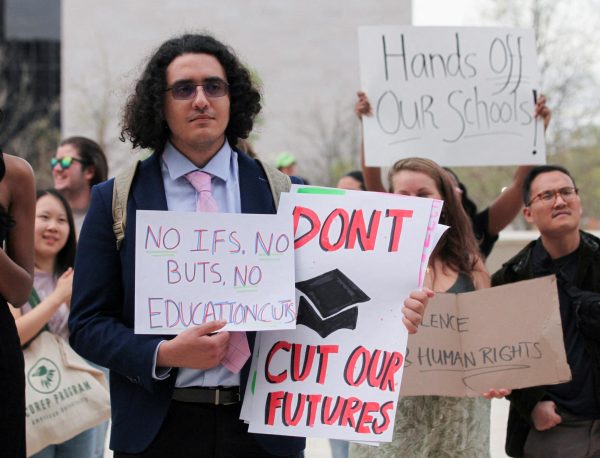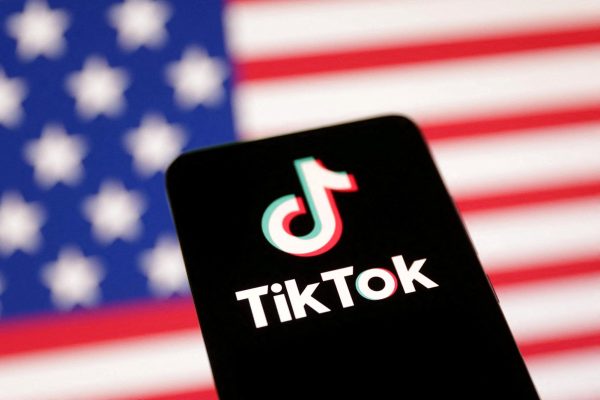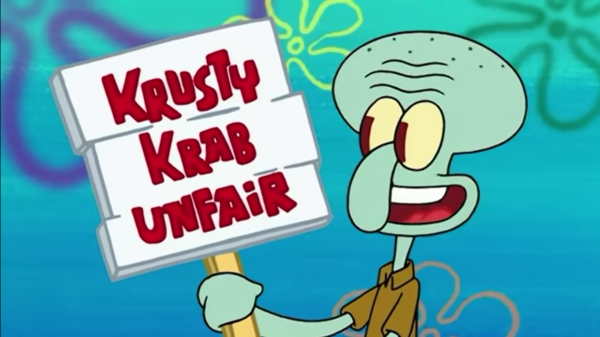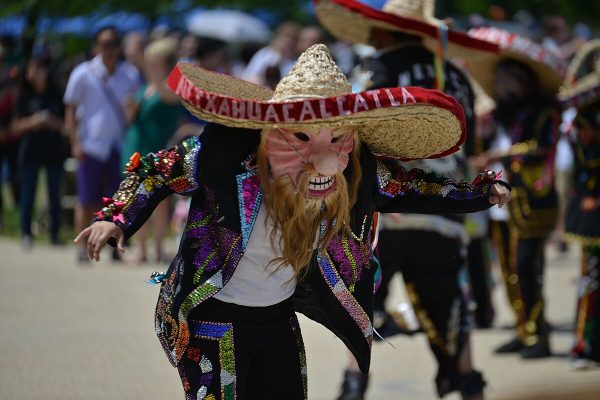Eat the Rich
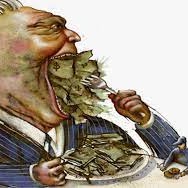
OP/ED
France. 1793. The Reign of Terror has begun, coating the streets with crimson. Maximillian Robespierre, aided by radicals, overthrew the government and advocated for the execution of anyone who rejected the revolution via guillotine. Bread, a staple food, was sparse and tensions between wealthy aristocrats and commoners were high. Then, in a cry of revolution, philosopher Jean-Jacques Rousseau announced, “When the people have nothing more to eat, they will eat the rich.”
Today–228 years later–”Eat the Rich” has been re-popularized as a cry against an overly capitalistic society that makes the rich richer while the poor starve and struggle to change their circumstances and like most other trends today. “Eat the Rich” was re-popularized by the social media app TikTok. Though the phrase is limited to the wealthy, it is directed to billionaires and their “wealth hoarding”.
 Take Jeff Bezos for example. Bezos is an American internet entrepreneur, industrialist, media proprietor, and investor, as well as the founder and CEO of Amazon. As of April 1, 2021, Bezos’s net worth is a whopping 200 billion U.S. dollars–making him the richest person in the world, according to Forbes Real-Time Billionaires ranking.
Take Jeff Bezos for example. Bezos is an American internet entrepreneur, industrialist, media proprietor, and investor, as well as the founder and CEO of Amazon. As of April 1, 2021, Bezos’s net worth is a whopping 200 billion U.S. dollars–making him the richest person in the world, according to Forbes Real-Time Billionaires ranking.
Bezos’s life story is one similar to that of an underdog: born to teenage parents who divorced when he was young, moving from school to school, and struggling to acclimate to changing conditions. The beginning of his story is truly inspiring–but when will his success be enough for him?
While Bezos’s philanthropic efforts have helped many people, he has notably donated less than other billionaires, making him “unethically rich”. In research done by Harvard University students, Jeff Bezos could cover the cost of direct care expenditures for every cancer patient in the U.S. for the next 30 years, and still have plenty left over. Bezos is not only reserving his wealth, but also profiting from the labor of low-wage workers in the U.S. and foreign countries. This is where “wealth hoarding” becomes a big problem, as it contributes to the wealth pooling in the enormously wealthy minority.
Not only is Bezos the wealthiest person in the world with a net worth well over $200 billion, he also gained $24 billion during a global pandemic. This means that when nearly the entire U.S. population was struggling with unemployment, low wages, or other financial problems, Bezos was getting richer.
 When family members are considered, as many as 38 million people in February, including nearly 10 million children, lived in a family where at least one adult did not have paid work in the last week because of unemployment or the pandemic. My family falls into this category. To support a family of nine, my mother is a small business owner, while my father was the director of operations at a large manufacturing company in Ohio. But, late in October of 2020, he was laid off.
When family members are considered, as many as 38 million people in February, including nearly 10 million children, lived in a family where at least one adult did not have paid work in the last week because of unemployment or the pandemic. My family falls into this category. To support a family of nine, my mother is a small business owner, while my father was the director of operations at a large manufacturing company in Ohio. But, late in October of 2020, he was laid off.
We were fortunate enough to have both parents employed while millions were struggling. However, being so close to the holidays and end of the year made it difficult to find a new job and recover financially.
My story is just one of millions, and I would even go as far to say that I had it pretty easy. And, while it is already so upsetting to see my parents struggling, watching the richest person in the world get richer only added to my fury. Why should so many families struggle to put food on the table, pay bills or rent, or provide the basic necessities while those who are already well off continue to grow financially?
To me, it doesn’t make sense. While I understand that Bezos started from the ground up, both in life and in terms of developing Amazon, his wealth hoarding is a clear indication that his “philanthropic efforts” were only for show so that he could gain support. Now, Amazon is more popular than the rainforest for which it’s named after.
I believe we need to stop relying on the idea that the rich are going to give back just out of the kindness in their heart. Bezos provides the perfect example of how wealth deteriorates morals, and I can’t imagine that any other billionaire would be different. But, as long as wealth hoarding among billionaires continues without intervention from the government or the people, stomachs are going to be growling.
Your donation will support the student journalists of Logansport High School. Your contribution will allow us to purchase equipment and cover our annual website hosting costs.

I like writing for Magpie because it gives me the opportunity to exercise my writing skills. I've always loved writing and this is the perfect place for...

